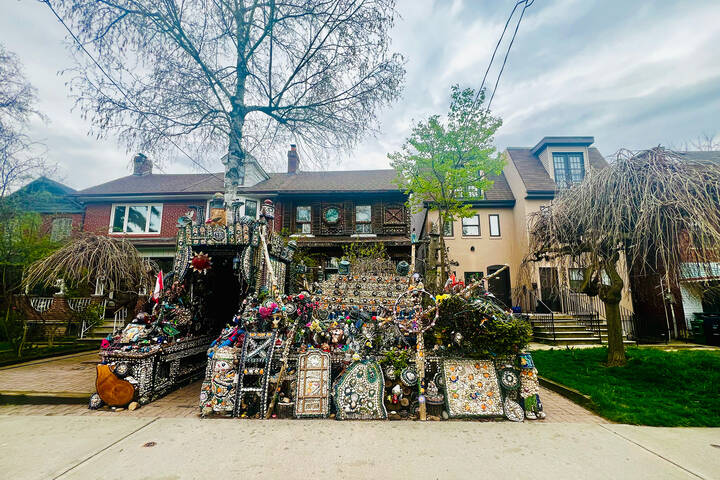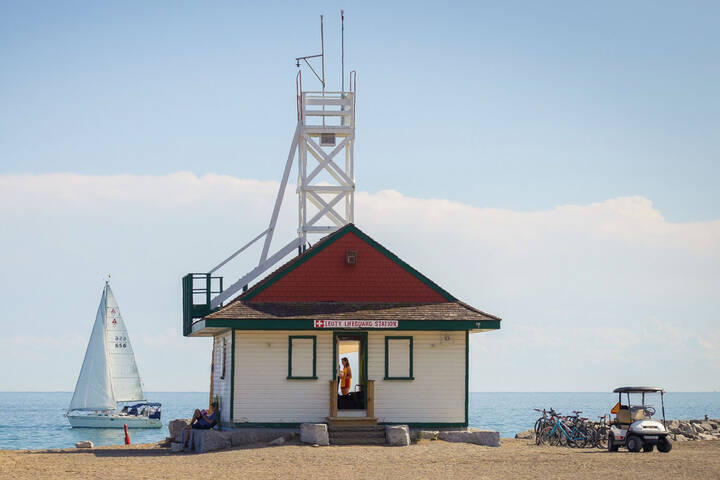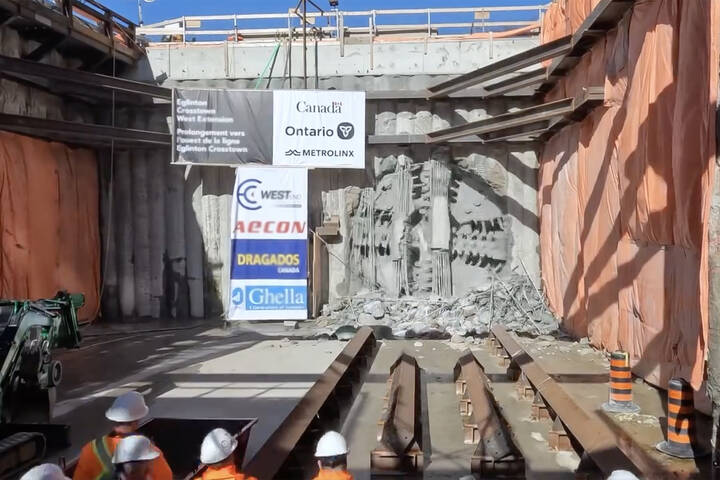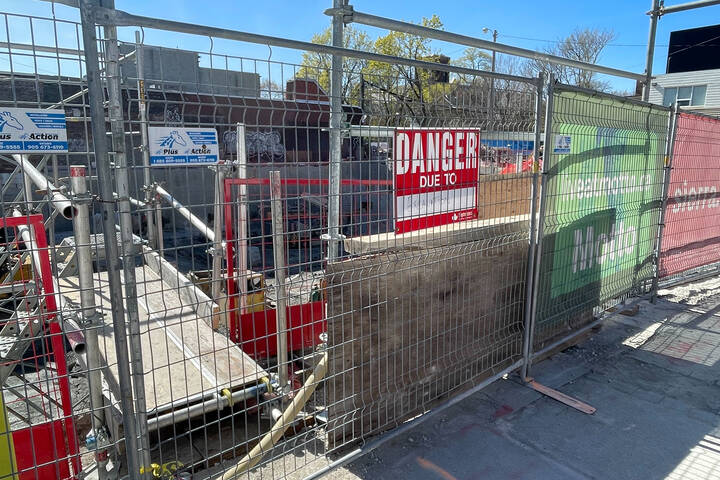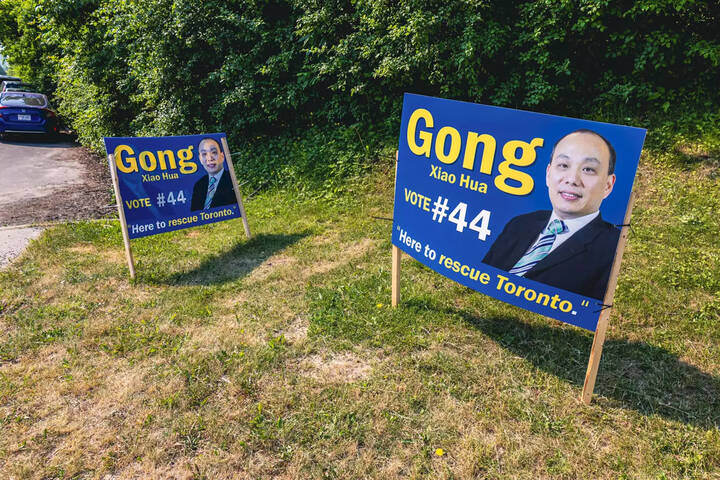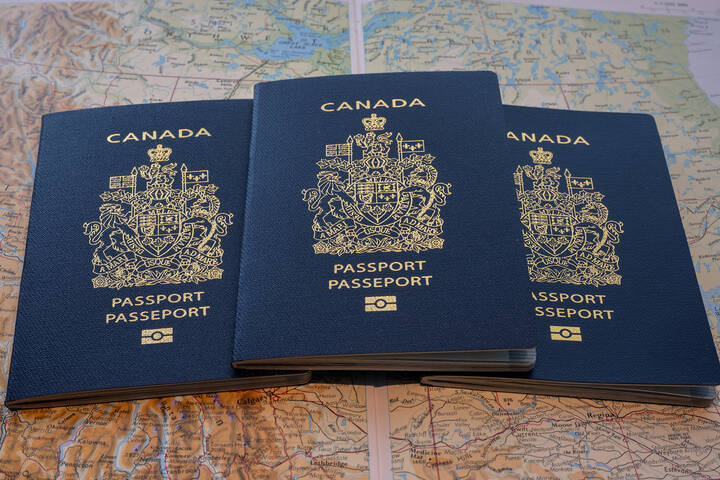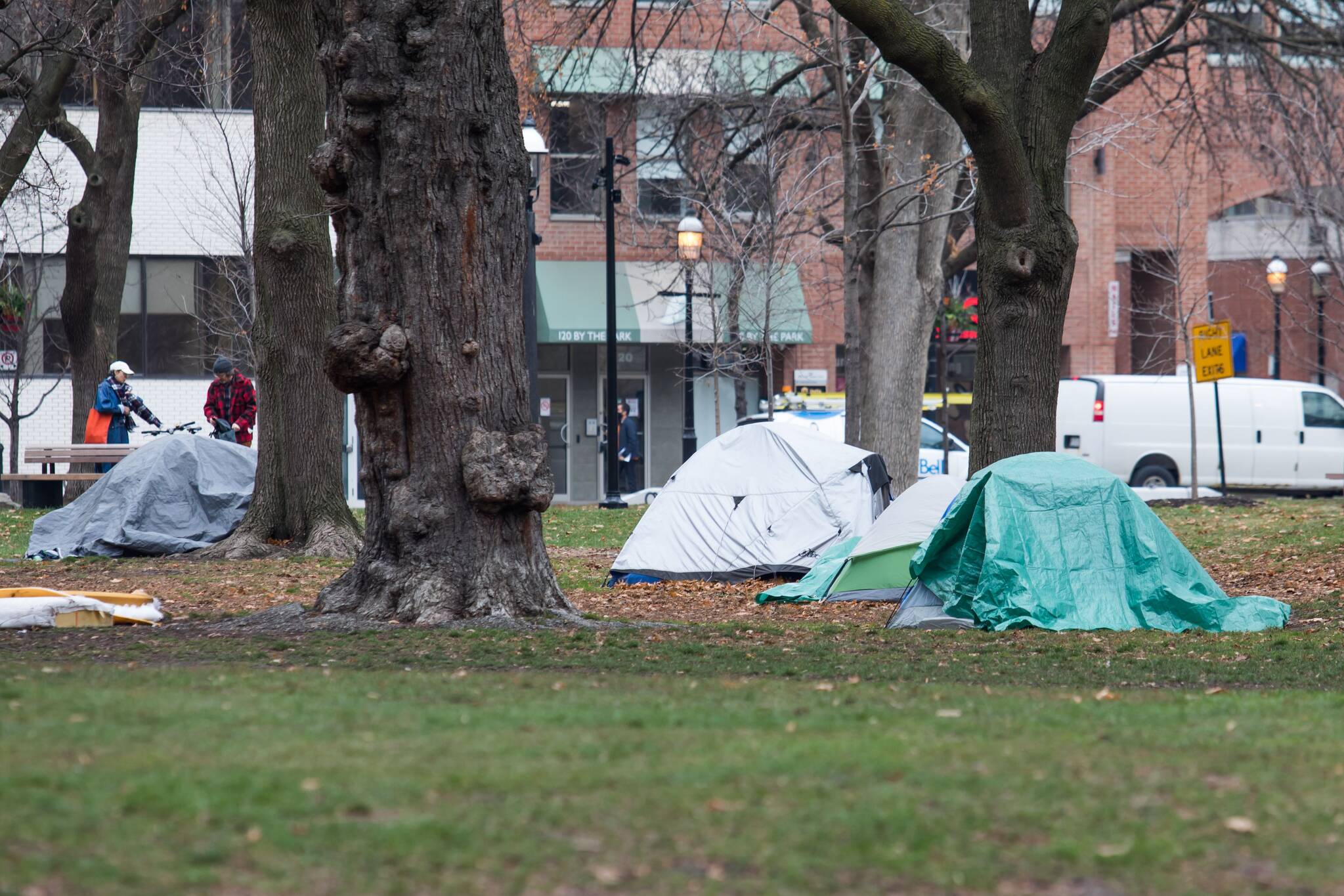
Hundreds of people sign open letters urging Toronto to stop encampment evictions
Hundreds of residents from a variety of industries and walks of life signed open letters this week urging the City of Toronto to stop clearing homeless encampments from parks throughout the remainder of the COVID-19 pandemic.
The Encampment Support Network, an organization made up of volunteers and homelessness advocates supporting those living in encampments in Toronto, has been calling on the city to issue a moratorium on encampment evictions for months, but residents including academics, researchers, service industry workers, musicians and more have now written and signed letters of their own calling for the same thing.
"We are writing to you today in solidarity with our unhoused neighbours surviving through the pandemic and bitter cold in the encampments around Toronto," reads the letter signed by more than 100 Canadian musicians and music workers, which features names of well-known artists such as Leslie Feist and Kevin Hearn from the Barenaked Ladies.
"We demand the city declare a moratorium on encampment evictions, and stop the seizure of basic survival equipment, including Tiny Shelters, Foam Domes, tents."
Joining the hundreds of musicians and music workers who have signed this @ESN_TO letter calling on @JohnTory and the City of Toronto to declare a moratorium on encampment evictions, and stop the seizure of basic survival equipment. #NoEncampmentEvictions https://t.co/X4sGYn11WF pic.twitter.com/WrGn5Kgenb
— Max Mertens (@Max_Mertens) December 4, 2020
A public letter signed by 465 academics and researchers was also published this week, as well as a letter from members of the city's service industry, a letter from the group Showing Up For Racial Justice Toronto (SURJ TO), a letter from artists, publishers and authors and more.
Along with 100s of other service industry workers, I've signed on to this statement against encampment evictions. Read it: @johntory #NoEncampmentEvictionshttps://t.co/I2IQT04AUY
— Arianne Persaud (@ARIgular) December 4, 2020
Several celebrities, including Jay Baruchel and Colin Mochrie, have also come out with statements of their own.
#NoEncampmentEvictions @JohnTory @cityoftoronto @ONgov @ESN_TO pic.twitter.com/pNDg3tNRbA
— Jay Baruchel 🇨🇦 (@BaruchelNDG) December 4, 2020
"Since the COVID-19 pandemic began, people without homes have become more visible in a series of encampments in city parks and public spaces," reads the letter from academics and researchers.
"These encampments are makeshift solutions that many residents find better than staying in shelters, respite centres, and shelter hotels. For many, encampments allow for more dignity and autonomy than city-provided alternatives, and connect residents with community and supports."
Hey, I'm against encampment evictions. Big news! But I'm one of the signatories on this letter with over 400 other scholars! That's a lot! @JohnTory @cityoftoronto you are on the wrong side!!! #NoEncampmentEvictions https://t.co/q3jPvBUGpj
— A.J. Withers (@TheAJWithers) December 4, 2020
And they're right. Toronto's homelessness crisis has been put on display over the past nine months as many without housing have taken up residence in parks to avoid the outbreaks and often unsafe conditions reported inside the shelter system.
But camping overnight in a city park is prohibited by a municipal bylaw, and a court ruled in October that, in accordance with the bylaw, the city can keep kicking people out of parks despite an application for an interim order that would prohibit it throughout the pandemic, filed by the Toronto Overdose Prevention Society and the Ontario Coalition Against Poverty.
More than 400 of us demand a moratorium on encampment evictions in Toronto now - one of several statements coming out today. #NoEncampmentEvictions https://t.co/xL3njgOjE0
— Bridget Moser (@bridgeyyyyyyyy) December 4, 2020
In a statement published Thursday, the city said they've identified 395 tents in 66 sites in parks across Toronto as of Dec. 2. They argue these encampments are unsafe and pose fire and other safety hazards, which is why they continue to remove them.
"The recent emergence of makeshift shelters and pods in encampments represent a significantly increased danger to those who use them and anyone in the vicinity if these structures were to be involved in a fire," reads the statement.
"These pods are highly combustible, particularly those constructed of polystyrene insulation. They do not meet the definition of a structure under the provisions of the Ontario Building Code or Ontario Fire Code, but regardless, the City is significantly concerned about the unsafe conditions living outside – be it a tent or other structure – presents."
#NoEncampmentEvictions @ESN_TO @JohnTory @ pic.twitter.com/6MqOnzrNuo
— Colin Mochrie (@colinmochrie) December 4, 2020
They also said Toronto Fire Services has responded to 216 fires in encampments so far this year, representing a 218 per cent increase over the same period in 2019.
One person also tragically died as a result of an encampment fire this year, while seven people have lost their lives as a result of encampments fires in Toronto since 2010.
We support encampment residents. Encampment Evictions must stop now.
— SURJ Toronto - Here For Dafonte (@SURJto) December 4, 2020
Encampment residents deserve a say on best next steps, permanent & safe housing, an end to police & bylaw raids @cityoftoronto @JohnTory @TorontoPFR https://t.co/xpSCoevysE#NoEncampmentEvictions #TOPoli pic.twitter.com/XccEkCa7po
But advocates argue these encampments are often still the best option for those with nowhere else to go, pointing to the fact that the city's shelter system simply does not have capacity for the more than 10,000 people that are estimated to be without housing on any given night.
The living conditions inside many of the city's shelters and respite centres have also been called into question, and many people experiencing homelessness have said they feel far safer staying in an outdoor encampment than in one the city's congregate living spaces — especially amid the pandemic.
And yet, the city plans to continue evicting residents from these encampments, though they say "an encampment site is only scheduled to be cleared once everyone at that location has been offered safe, indoor space, and notice is provided to give people time to collect personal belongings."
The City is planning mass evictions of encampments.
— Encampment Support Network Toronto (@ESN_TO) November 24, 2020
We need people who've been donating to our aid efforts to get loud and tell city council, the Shelter Support and Housing Administration, and Parks not to clear people out of their communities. #NoEncampmentEvictions https://t.co/Sc4O5kuVvy
A Toronto carpenter named Khaleel Seivwright also recently vowed to give up his time and resources to build tiny, insulated shelters for those experiencing homelessness this winter, but he was swiftly met with a warning from the city to stop placing the structures on public land.
Seivwright and his team then created a petition calling on the city to change their stance, and it has garnered a whopping 47,616 signatures as of Dec. 4 at 1:15 p.m.
Fareen Karim
Latest Videos
Latest Videos
Join the conversation Load comments
